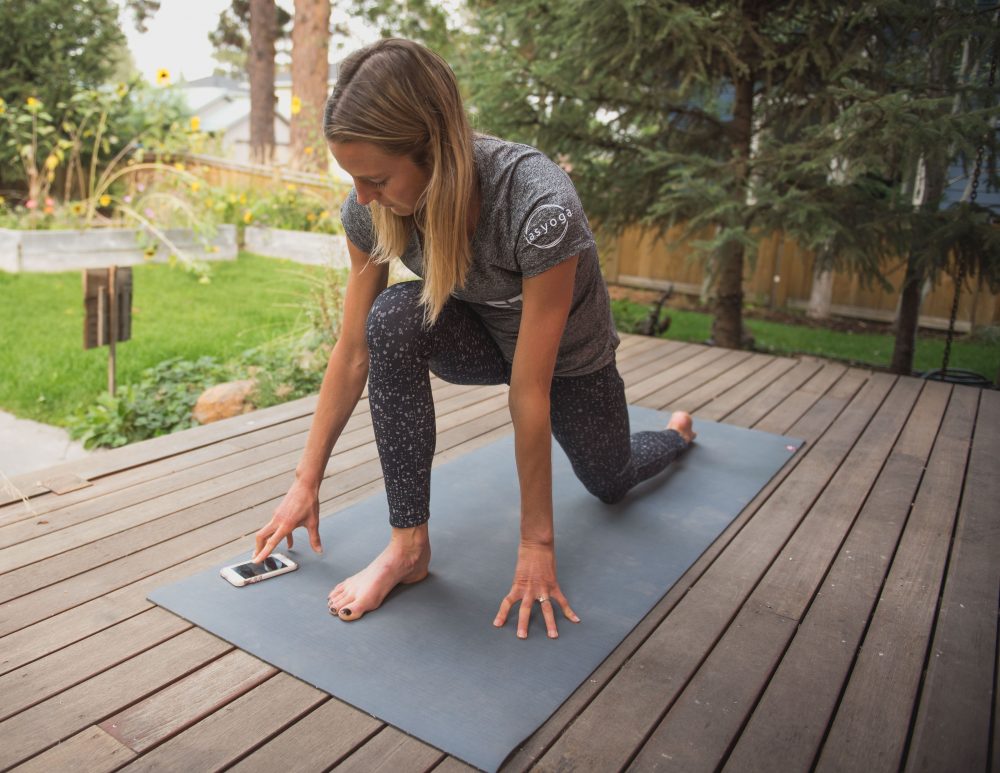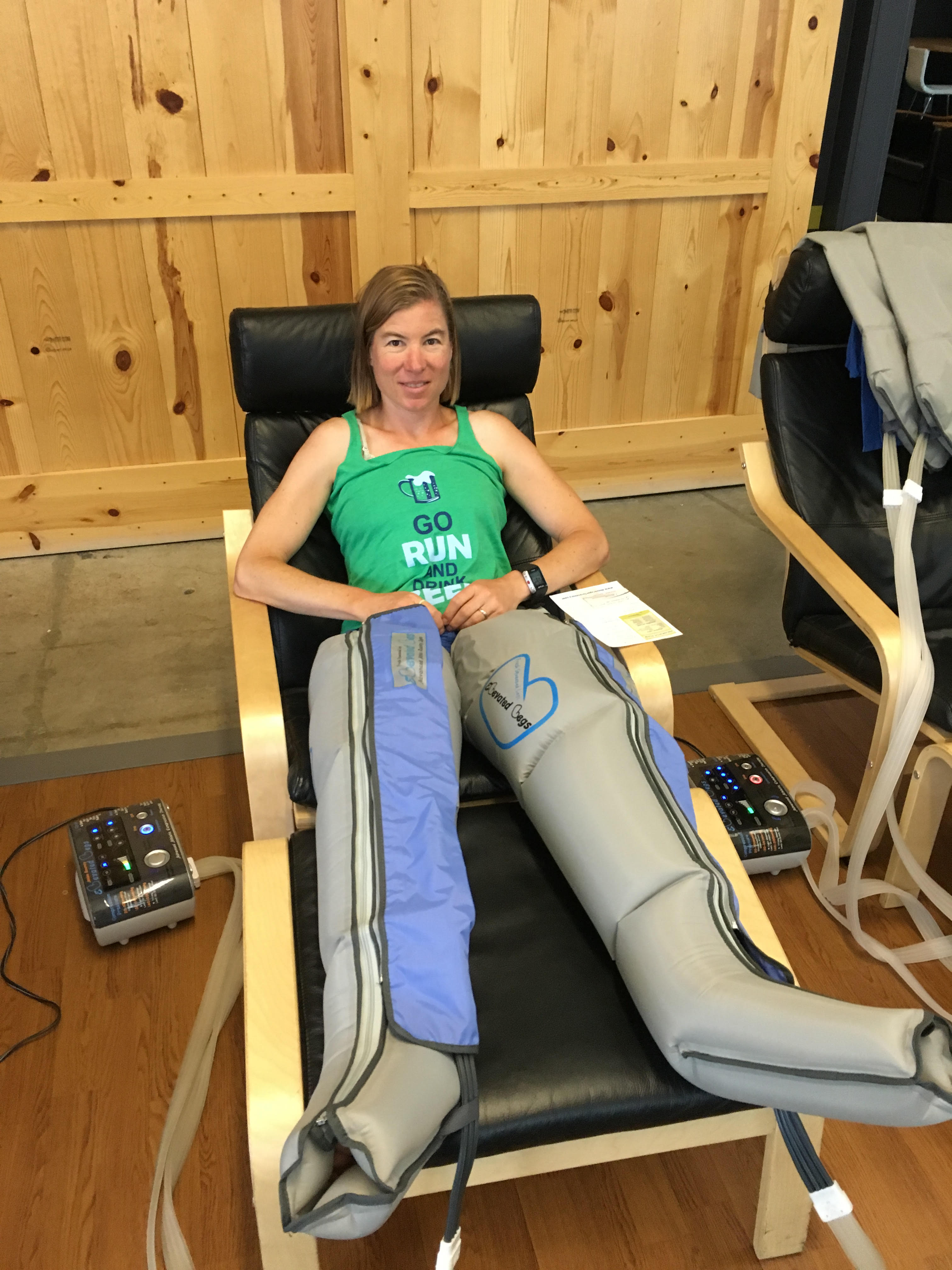
We’ve stated before on this site that we aren’t doctors, but we do attempt to find health information that we feel affects cross-country skiers as a group and do our best to pass this information along to you. You have probably heard the mantra ‘breaks make breakthroughs’ and although that seems like something you’ll find on a motivational poster, it doesn’t make it untrue. All the best cross-country skiers ensure they’re getting enough downtime and these activities could also benefit you.
Make time for your hobbies
Hobbies act as destressing agents in your life and allow you to stop thinking about skiing and let your mind focus on something inconsequential. While some people have productive hobbies that showcase their multiple talents such as baking, knitting or candle-making, it doesn’t need to be something impressive.
Just binge-watching a series on Netflix has the capability to help you unwind and come back stronger. Others prefer a more interactive experience with online gaming or visiting online casino Canada real money games to focus on cards or slots rather than climbing big hills. If you do find yourself glued to the screen or playing some afternoon blackjack, don’t feel guilty. It’s important to prioritise downtime.

Rethink yoga
We all know yoga can be beneficial and there are programs tailored to meet the needs of an endurance athlete, but it can become a toil. Rather than making yoga an element of your training regime, make it a short, fun and consistent part of your day. This 5-minute outdoor yoga practice is just the thing to take your mind off skiing and focus on yourself.
There’s no doubt that yoga provides benefits in mobility, increases strength, breath, and body awareness, but making it a heavy training block will just increase fatigue. Skiers by nature are competitive people and too many take that competitive spirit into their yoga practice and do too much. Make yoga a supplementary part of your day, not deleterious training.
Beauty sleep
There’s nothing more relaxing than sleep and it could be beneficial in tackling your 2022 resolutions. Yet, it’s something that endurance skiers spend little time thinking about. For regular people, the general rule of thumb is seven to nine hours per night, but studies suggest that for endurance athletes closer to ten hours is optimum. It might seem an impossibility to carve out a few more hours of sleep in a busy schedule, but for those that don’t get enough shuteye, there are negative consequences.
When you’re sleeping, you’re getting in good shape as your muscles adapt to the exertion of your training during the day. Any kind of sleep deprivation will result in those muscles performing less successfully and having a greater risk of injury. Studies have also shown that a lack of sleep results in an increase in relative perceived exertion with actual output, so everything just feels harder. There are other general negatives of not getting enough sleep, so settle on a regular bedtime that allows you that little bit of extra slumber and you might find a power store that wasn’t there before.
Sometimes it feels like the finest skiers never take breaks and are always on it, but crucial fitness transformations happen when you relax. So make sure you find some downtime and you might reach your peak performance level.



